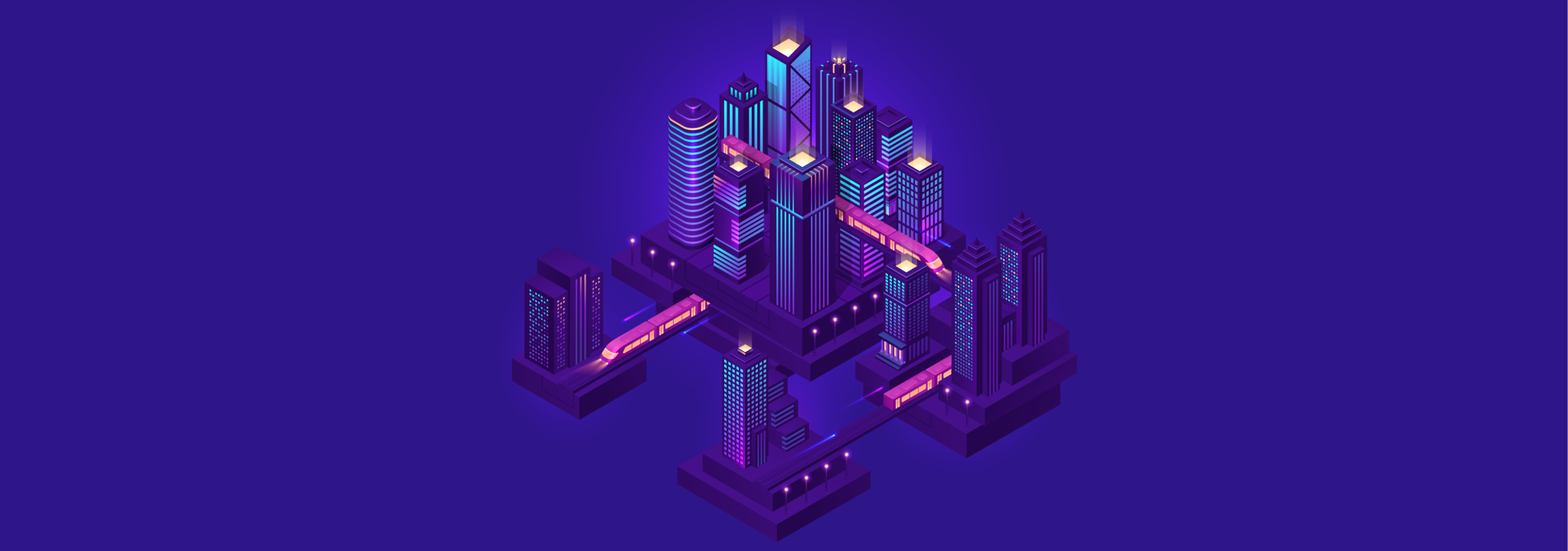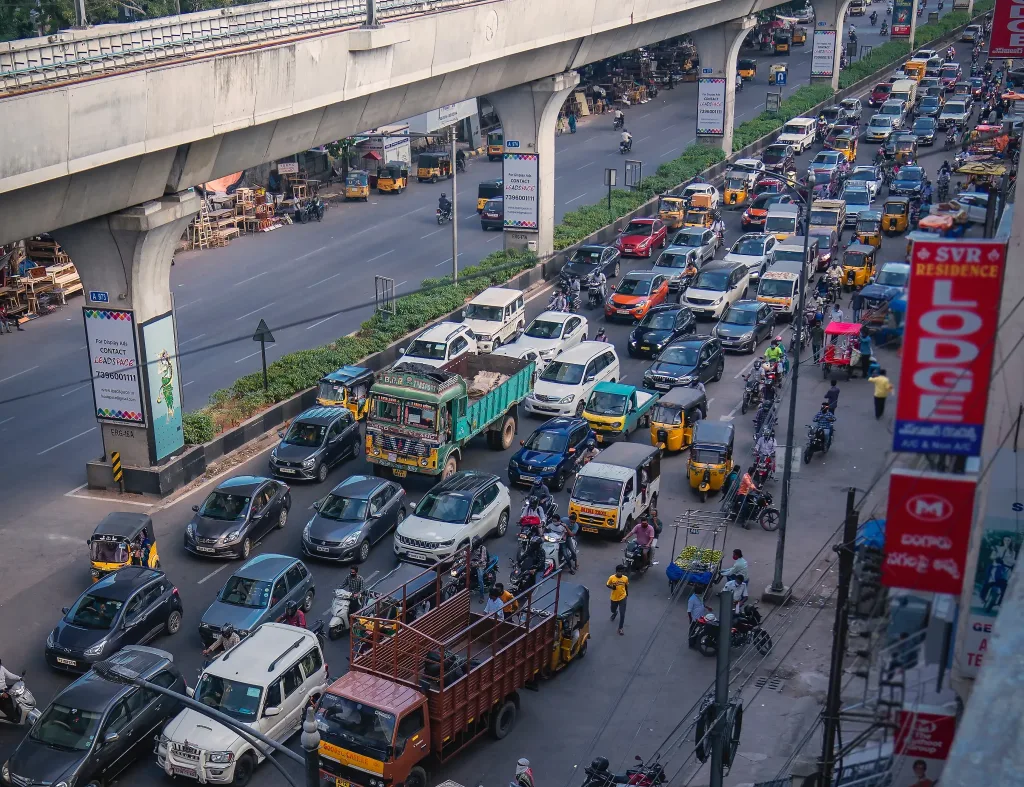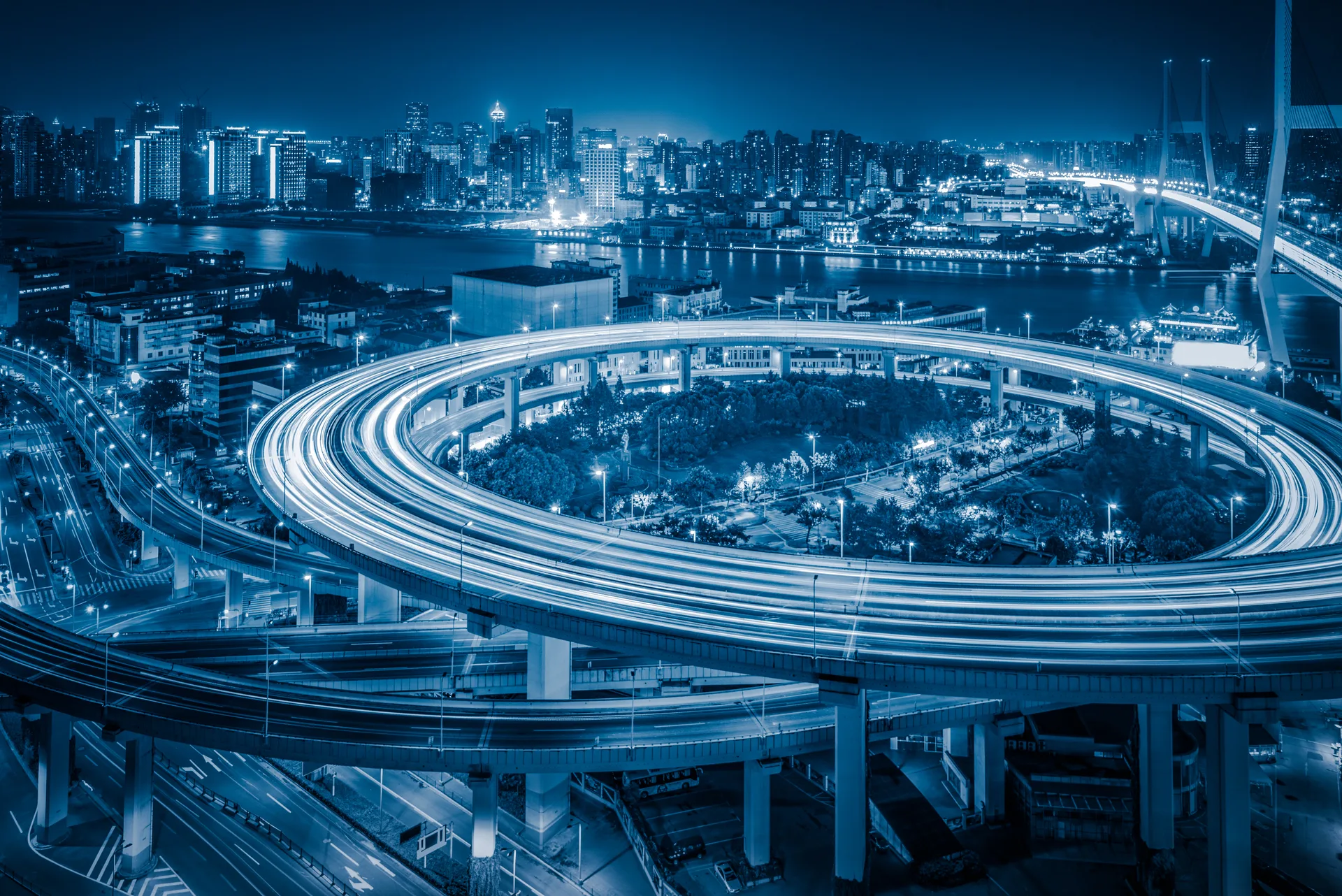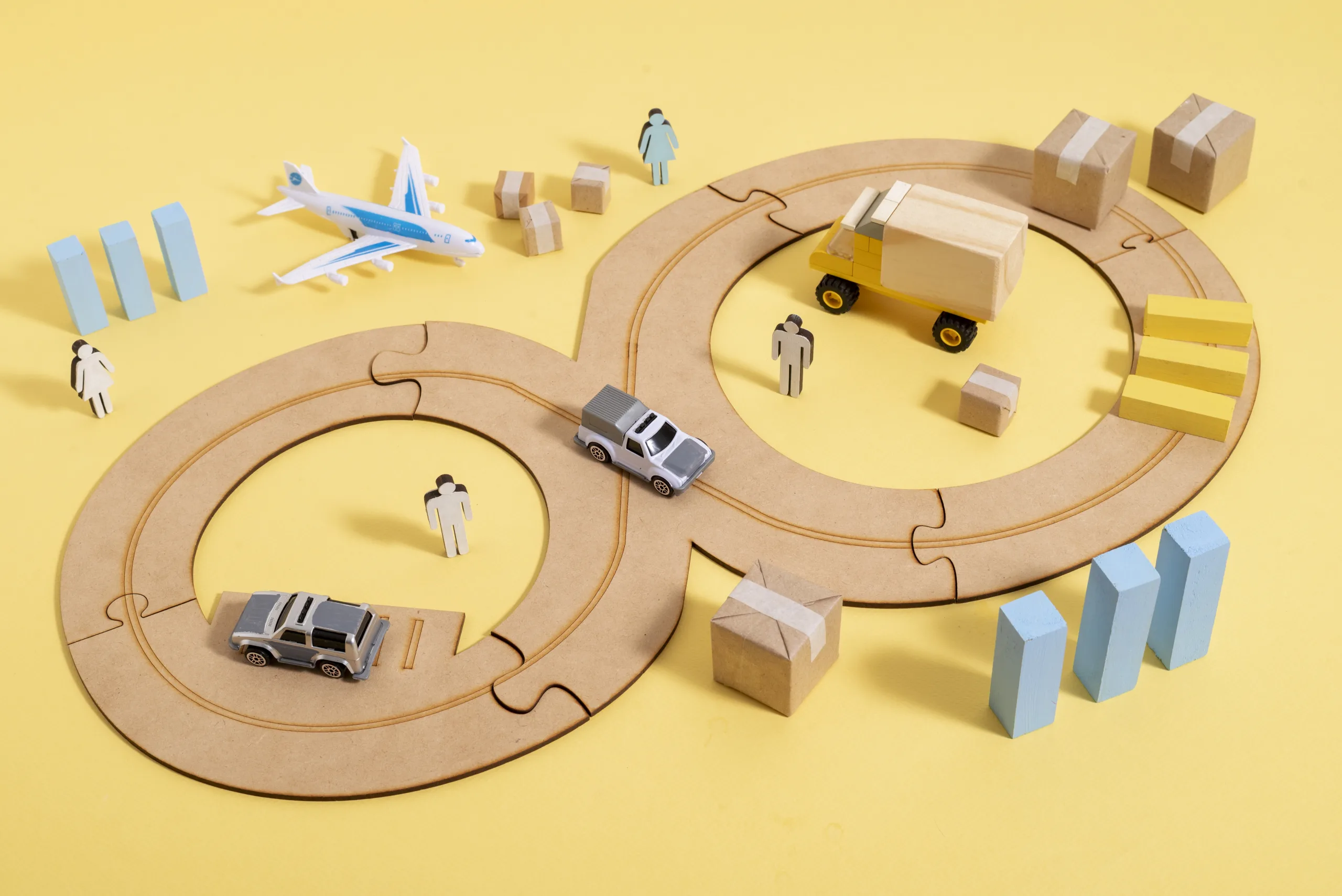
Pioneering Solutions for Easing Congestion and Curbing Pollution in Transportation
Are you tired of being stuck in never-ending traffic jams while inhaling the noxious fumes of urban pollution during your daily commute? If so, you’re not alone. Traffic congestion and air pollution are significant challenges that plague our modern urban environments.

Envision a world where traffic flows smoothly, the air is cleaner, and your daily travel time is significantly reduced. It may sound like a dream, but it’s an achievable reality. Transportation Demand Management (TDM) strategies are the keys to turning this dream into a tangible reality. TDM encompasses a range of policies and measures designed to reduce the necessity for car travel, especially during peak hours, by encouraging people to adopt more efficient and eco-friendly modes of transportation, such as public transit, cycling, walking, or carpooling. These strategies hold the potential to enhance traffic flow, diminish greenhouse gas emissions, improve air quality, and foster general well-being. In this article, we will delve into some of the most effective TDM strategies that civil engineers can employ to tackle congestion and pollution challenges in urban areas.
Consider how your daily life could be transformed with a stress-free commute. By embracing these TDM strategies, you not only reduce your environmental footprint but also save valuable time and money. SOFiSTiK stands at the forefront of pioneering cutting-edge solutions to transform this vision into reality for you.

Let’s explore the most effective Transportation Demand Management strategies for curbing congestion and pollution:
Pricing and Incentives: One of the most prevalent and impactful TDM strategies is the use of pricing and incentives to shape people’s travel choices and behaviors. Congestion pricing, for instance, involves charging drivers a fee for entering specific areas or using certain roads during peak hours. This approach not only reduces traffic volume but also generates revenue for enhancing public transportation.
Land Use and Urban Planning: Integrating land use and urban planning with transportation planning is another pivotal TDM strategy. Transit-oriented development (TOD) and smart growth principles have the potential to transform urban landscapes, making them more conducive to transit usage, reducing dependence on cars, and enhancing overall livability. SOFiSTiK provides tools for civil engineers to craft and optimize these integrated urban plans.
Information and Communication: Providing travelers with real-time traffic and transit information empowers them to make informed decisions regarding their travel options. New technologies can be harnessed to develop intelligent transportation systems that furnish commuters with accurate and up-to-date information, enabling them to avoid congestion and opt for sustainable modes of transportation.
Infrastructure and Services: Elevating the infrastructure and services supporting alternative modes of transportation is crucial. SOFiSTiK’s solutions can aid in the design and optimization of public transit networks, bike lanes, sidewalks, and other amenities to deliver enhanced convenience, safety, comfort, and reliability to travelers.
Regulation and Enforcement: The implementation of regulations and enforcement measures can effectively monitor and manage the impact of car travel. SOFiSTiK can assist in assessing the environmental repercussions of vehicle emissions and support initiatives like low-emission zones and traffic management measures.

Participation and Cooperation: Cultivating participation and cooperation among diverse stakeholders is paramount for the success of TDM policies and measures. SOFiSTiK can facilitate the creation of collaborative platforms and tools to engage governments, transport agencies, businesses, communities, and travelers in the implementation of TDM initiatives.
Technological Advancements: Embracing technological advancements is pivotal for the success of TDM strategies. SOFiSTiK offers state-of-the-art software solutions that harness the power of data analytics, artificial intelligence, and machine learning to optimize traffic flow, predict congestion patterns, and identify areas where TDM interventions can yield the most substantial impact. By leveraging these technologies, cities can stay ahead of the curve in effectively managing transportation demand.
Multi-Modal Integration: Promoting multi-modal integration is key to providing travelers with seamless and efficient transportation options. SOFiSTiK’s expertise in civil engineering and urban planning can aid in establishing integrated transportation networks that seamlessly connect various modes of transport, simplifying commuters’ ability to switch between them and reducing their reliance on private vehicles.
Sustainability Metrics: Monitoring and measuring the impact of TDM strategies on sustainability is essential. SOFiSTiK’s software solutions feature robust analytics tools that help cities track progress, measure reductions in congestion and pollution, and assess the return on investment in TDM initiatives. These metrics are invaluable for refining strategies and demonstrating the positive outcomes of sustainable transportation.
Conclusion
Incorporating these additional elements into your city’s TDM plan can significantly enhance its effectiveness in reducing congestion and pollution. SOFiSTiK’s dedication to innovation and sustainability makes it the ideal partner for civil engineers and urban planners striving to seamlessly and efficiently implement these strategies.
Imagine a future where your daily commute is a breeze, the air is pure, and your city thrives with reduced congestion. This vision is within reach, and with the right TDM strategies and the support of SOFiSTiK’s cutting-edge software solutions, it can become a reality. Contact SOFiSTiK today to explore how our software solutions can help you design, implement, and monitor effective TDM strategies. Together, we can create a brighter future for our cities, our environment, and future generations. Join us in building a world with less traffic, cleaner air, and happier commuters.

